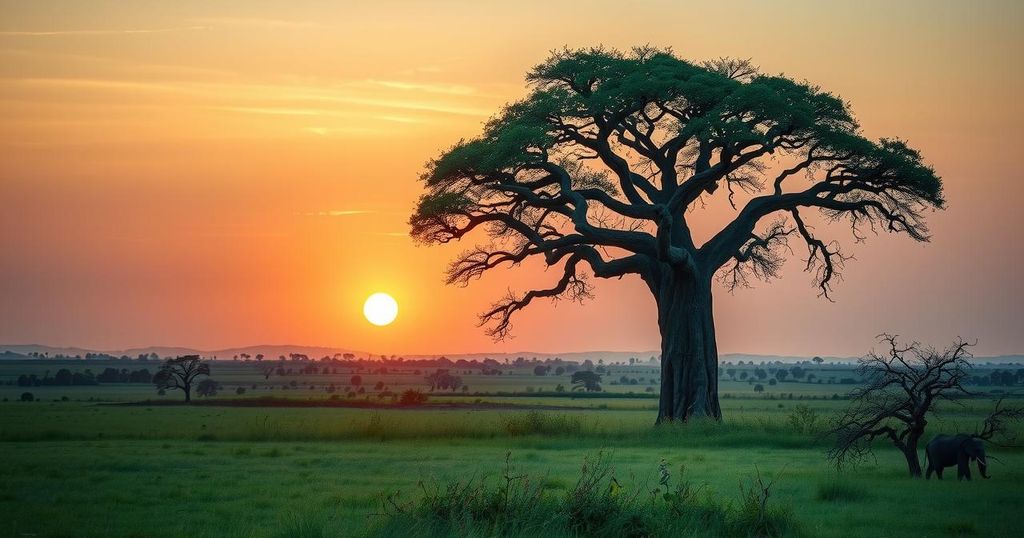Forgotten No More: Rethinking the Crisis in the Democratic Republic of Congo
The conflict in the DRC has endured for over three decades, yet it remains largely neglected by Western media. Coverage tends to be episodic, focusing only on short-lived moments of violence, which fails to acknowledge the deeper issues at play. The media must shift towards ethical reporting to address the complexities of the crisis, emphasizing the role of international actors and the need for sustained attention to humanitarian issues.
The ongoing conflict in the Democratic Republic of Congo (DRC) has persisted for over 30 years, yet Western media coverage remains sporadic and superficial. This neglect results in a lack of understanding regarding the complex humanitarian crisis faced by millions of Congolese who experience violence, displacement, and deprivation daily. Despite this, the media often prioritizes more sensational stories that fit its conventional news values, leading to a cycle of indifference toward the DRC.
Recent headlines about the DRC crisis bring attention to its long-standing turmoil, but these moments of media interest are generally fleeting. For many Congolese, life under such conditions is not new; over one million have sought refuge in neighboring countries, while millions more are internally displaced. Regrettably, since 2016, the DRC has often been highlighted as one of the world’s most forgotten crises.
The media’s approach to these crises typically relies on episodic framing, whereby interest surges only during brief spikes of violence or notable events. Many critical situations, such as the rising strength of the M23 rebels and the seizure of Goma, only capture attention amid escalated violence. There is a pressing need for a more prolonged and significant focus on the conflict to alter the current media narrative.
Two primary factors contribute to this neglect – the criteria used to define newsworthiness and biases displayed in media coverage. Stories that do not adhere to the established norms of timeliness, proximity, or sensationalism are often overlooked. Furthermore, coverage frequently reflects racial and geopolitical biases, resulting in disproportionate attention given to conflicts in regions perceived as more prominent or newsworthy, such as Ukraine.
When coverage of the DRC does occur, it is often framed in oversimplified narratives that abstract the role of external actors. For example, while often described as an internal power struggle, the involvement of Rwanda supports Western complicity in the DRC conflict. The acknowledgment of this international dimension adds complexity to the narrative and points to the necessity of scrutinizing the actions of foreign authorities and corporations.
The recent increase in reporting about the DRC is positive; however, meaningful change in media coverage requires a fundamental reassessment of how humanitarian crises are reported. A shift from episodic to thematic reporting can improve understanding, focusing on the historical and structural issues that underlie these conflicts. Media outlets should prioritize justice over sensationalism to truly represent the gravity of suffering worldwide.
The plight of the DRC should never be forgotten, yet as long as media organizations dictate which conflicts deserve coverage, many crises will remain overshadowed until an eruption of violence necessitates fleeting attention. It is imperative for the media to adopt a more committed and ethical stance regarding humanitarian reporting, emphasizing accountability and the role of international actors.
In summary, the ongoing crisis in the Democratic Republic of Congo requires sustained media attention and ethical reporting that acknowledges the deep-rooted international factors contributing to the conflict. The media must reconsider its approach to humanitarian crises, prioritizing justice and thematic coverage to ensure that the voices of affected populations are heard and that long-lasting change can be pursued. Failure to do so perpetuates a cycle of neglect that has devastating consequences for those suffering within the DRC.
Original Source: blogs.lse.ac.uk




Post Comment